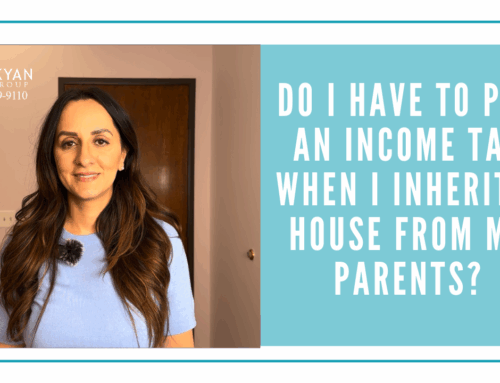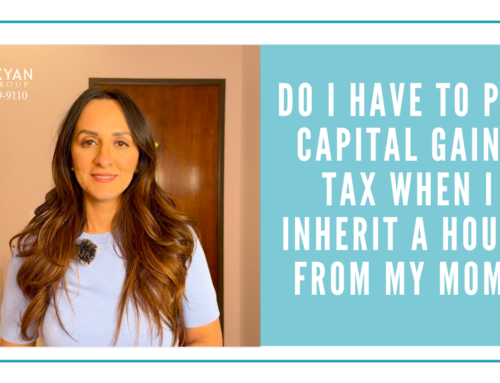So who should get copies of the estate plan? You are done with your estate plan and wondering what to do next with al l these documents you have been given?
l these documents you have been given?
You have put them in a safe place, maybe a safe at home or secure filing cabinet at your office, but who should you tell next?
First, you need to make sure the most important step is taken care of. Make sure you have the original documents in your possession. Some law firms prefer to store your original documents, however, we recommend you retain your documents in your possession. Often times, attorneys retire and pass away and you don’t want to go on a wild goose chase looking for your original documents.
Second, you need to make sure you have stored the originals in a safe place.
Third, you should provide copies of your documents to certain people in your life. But, who?
The answer to this question is a personal one. Some people prefer to give copies to everyone who will be affected by the documents, and some prefer to not give a single page to anyone.
Legally, you are not required to provide copies of your documents to anyone.
In the alternative, you can let people know you have completed your estate plan, but not give them copies. Instead, you can give them information about where to find the originals if something should happen to you.
Really, all this depends on family dynamics. However, there are 3 groups of people that you should consider providing copies to.
Trustees
You can be selective and give the documents to only the individual who you have named as your Executor/Trustee/Agent and let them know they will be in charge.
Healthcare Professionals
With that said, it is very helpful to give your health care directives to your medical professionals (doctor, hospital, etc). These documents detail what you want done in certain health situations and who will be making decisions for you, so it is best for your doctors to have copies.
Child Care Providers
In addition, if you have young children, it is a good idea to leave copies of your guardianship nominations and list of names and phone numbers with your children’s caretaker, nanny or babysitter. You don’t need to give them the document, but maybe seal it in an envelope and let them know where to access it in the house if something should happen to you.
Otherwise, all others are optional recipients of your estate documents. You should make this decision by considering family dynamics and emotions.
For a free consultation, feel free to contact our office.






You must be logged in to post a comment.